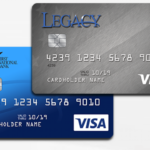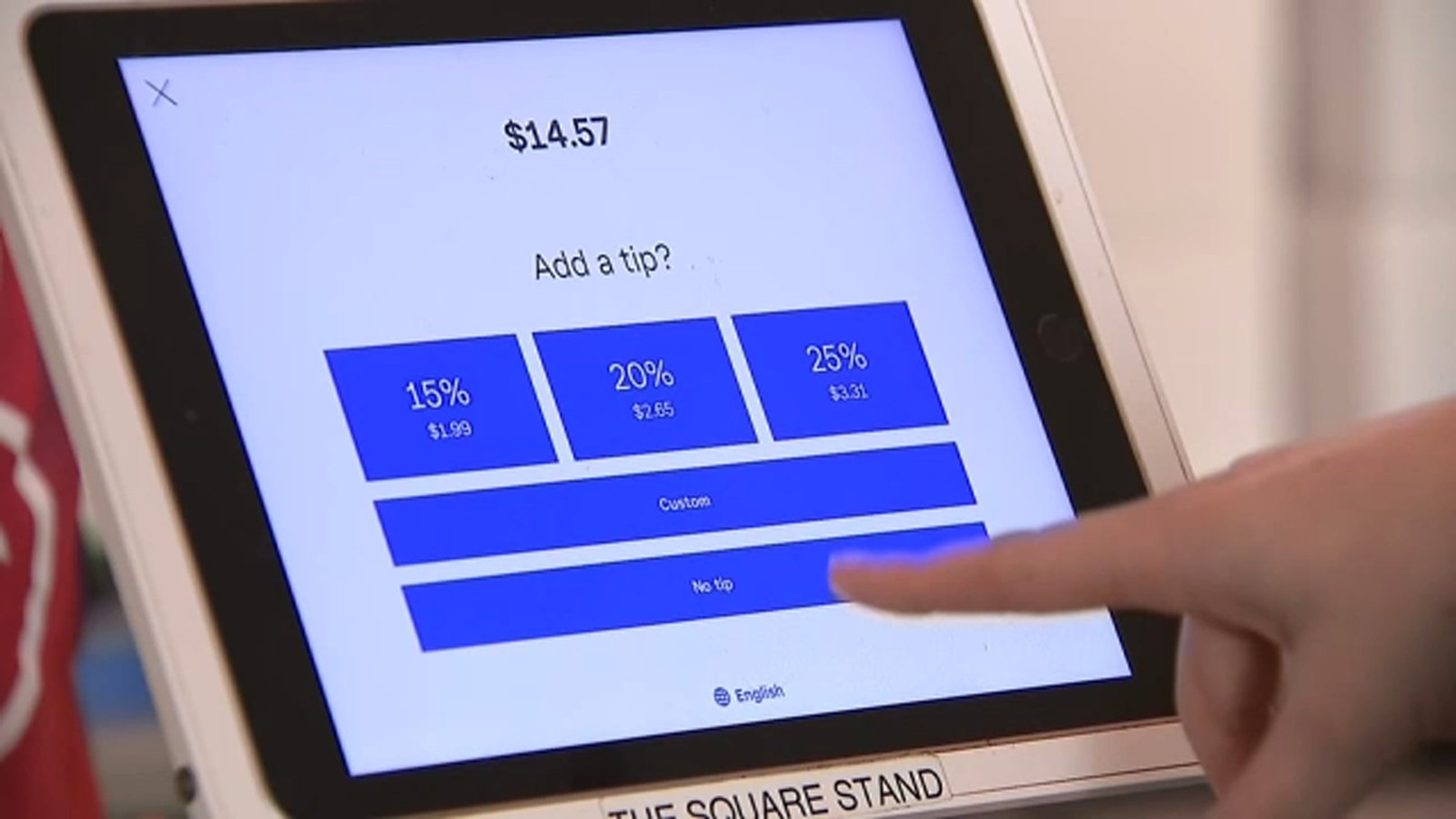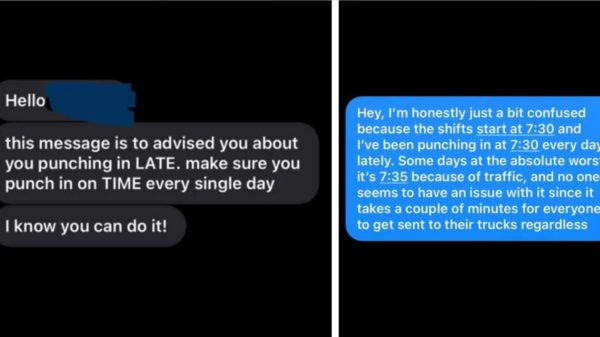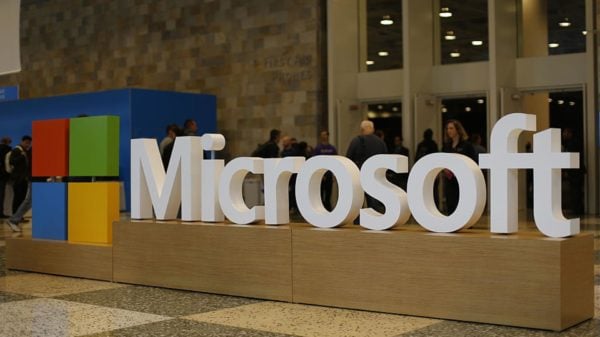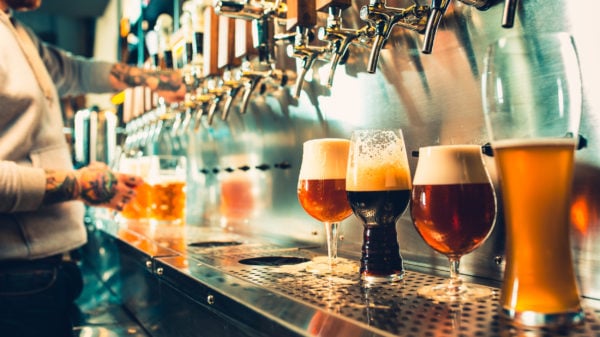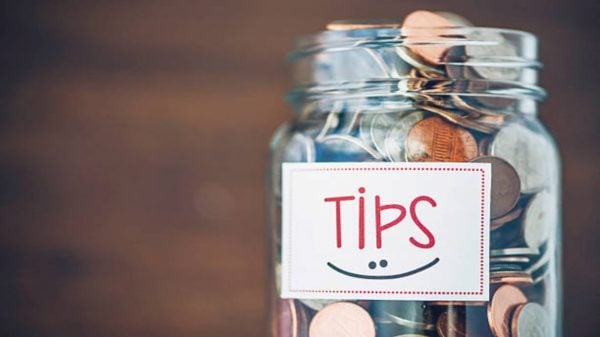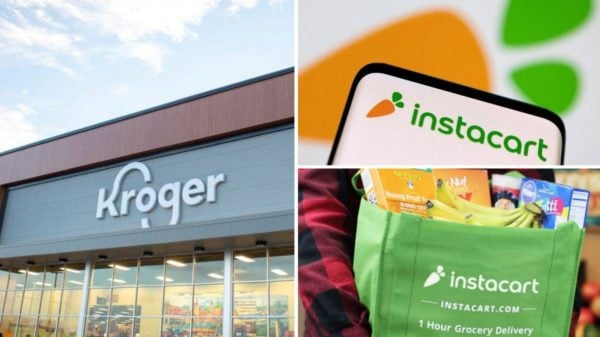Although inflation seems to be slowing down, it looks like Americans’ finances have not recovered. When Gen Z entered the workforce last summer, inflation hit a 40-year high. According to a new Bankrate poll, young folks aged 26 and younger are the least generous tippers.
Only 35% of Gen Z respondents to the poll said that they always leave a gratuity for their waiter at sit-down restaurants. On the other hand, a striking 83% of Baby Boomers said they always tip. There was a generational difference in tipping behavior across a range of services, such as food delivery personnel and taxi or Uber drivers. The Boomers were more generous than their Gen Z peers.
The number of customers leaving extra change in the tip jar or even leaving 20% after a meal has steadily decreased. According to Bankrate’s research, most tipping situations involve around 65% of Americans today when eating at sit-down restaurants. Even this practice, however, is quickly fading. Less than seventy percent (73%) of diners said they always gave a gratuity last year. In 2019, it peaked at 77%.
Due to the pandemic, many tipped service workers were forced to look for more reliable means of income, which significantly reduced the economy’s reliance on tips and led to the closure of many independent taverns and eateries. Three years later, America has mostly recovered to its pre-pandemic status. However, tipping customs have not quite returned to their pre-pandemic levels. Baby Boomers continue to be the most generous tippers among all generations, with Gen Z coming in last.
Gen Z is the youngest and least wealthy generation. So, it is worth considering that they could have less money to spend, which would account for their lower tipping rates. Additionally, Bankrate’s study showed women tip more often than males, suggesting that the disparity in tipping behavior may also be based on gender.
This is not just seen in restaurants but also in other service-related businesses. Only 46% of men routinely tip their barbers, compared to 60% of women who make it a point every time they cut their hair. The discrepancy spans many generations as well. Compared to 40% of millennials and 67% of Gen Xers, just 24% of Gen Zers tip their hair stylists.
Despite being seen as the least generous generation, Gen Z is not the only one with reservations about leaving tips. More than 40% of all American adults informed Bankrate that companies should be accountable for paying their staff greater wages rather than depending on patrons to make up the wage gap via tips.
30% of American adults surveyed by Bankrate (2,437 total respondents) said they thought the culture of tipping had gotten out of hand. Interestingly, just 22% of respondents from Gen Z agreed with this statement, compared to 33% of Boomers.
Many Americans have experienced what is now known as “tipping fatigue” due to the prominence of tipping at numerous venues. This is sometimes linked to the popularity of digital tip prompts, such as those on iPads.
These computerized tip prompts have also spurred debates about “guilt tipping.” This effect occurs when consumers feel obligated to pay the cashier, particularly when the clerk asks for the tip and makes eye contact.
Michael von Massow, a food economics associate professor at the University of Guelph in Canada, believes that “tip fatigue” might have serious repercussions. Customers could get disgruntled as a result and finally stop tipping entirely.
Despite all this dissatisfaction, tipping is still a widespread social custom. Americans tend to be tipping less often and more cautiously due to economic unpredictability and inflationary pressures. However, the frequency of tipping requests has grown, creating a challenging position.
According to Ted Rossman, senior industry analyst at Bankrate, this is an intriguing topic with no simple solutions. But one thing is still clear: Tipping is embedded in American culture and is not expected to go away soon.



























